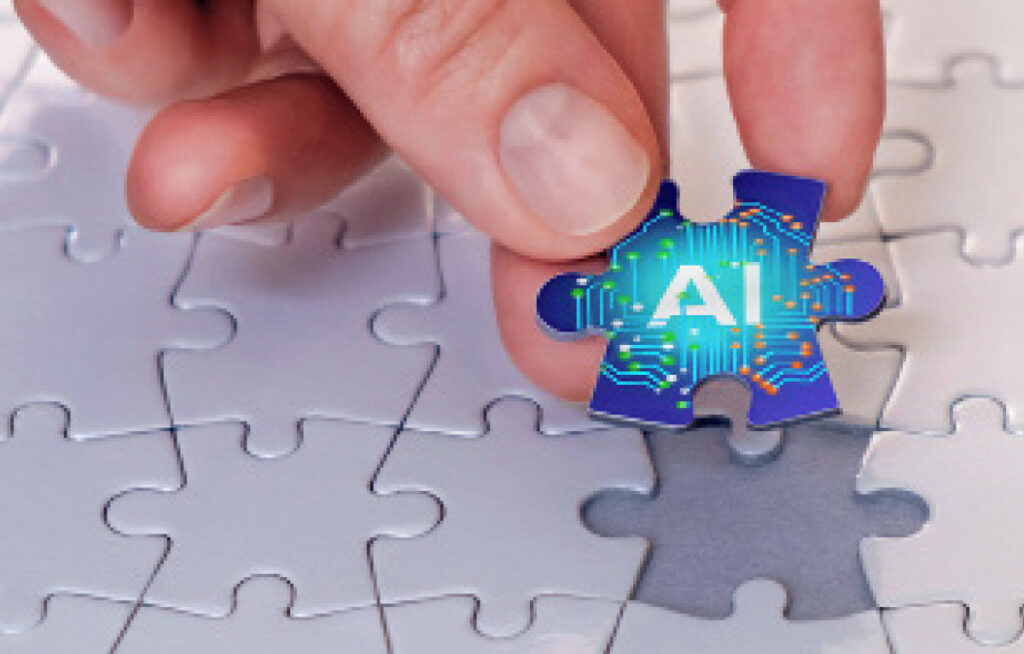Why AI matters for your organisation
AI is not just a buzzword or hype. It is incredibly powerful technology that is already transforming business processes, improving customer experiences and enhancing businesses competitive edge.
In addition to the content generation capabilities of the Large Language Models (LLM) such as ChatGPT, Copilot and Bard, AI can help you automate tasks, analyse data, generate insights, and create new value.
AI can also help you solve complex problems, innovate faster and adapt to changing markets and customer needs.
Whether you are a multinational listed company or a local SME, AI can provide incredible benefits for you and your teams.
That being said, AI is not a silver bullet that you can simply plug and play. AI requires careful planning, preparation and implementation. AI also requires a culture of learning, collaboration, and experimentation.
AI is not a one-off project, but a journey that requires ongoing commitment and investment which can help your organisation elevate itself, its customers and its suppliers to new levels.
How to assess your AI readiness
Before you embark on your AI journey, you need to assess your current state and your desired outcomes. You need to ask yourself some key questions, such as:
- What are your business goals and challenges?
- What are the opportunities and risks of AI for your organisation?
- What are the data sources and quality that you have access to?
- What are the skills and capabilities that you need to develop, acquire or access from external sources?
- What are the ethical and legal implications of AI for your organisation?
- What are the cultural and organisational changes that you need to make?
These questions will help you identify your AI readiness level, which can range from basic to advanced. Depending on your level, you will need different strategies and actions to move forward. For example, if you are at a basic level, you might need to focus on improving your data infrastructure, building your AI literacy, and exploring some use cases.
If you are at a more advanced level, you might need to focus on finding ways to measure impact to ensure you’re getting maximum return on your time and financial investment.
How to prepare for AI adoption
Once you have assessed your AI readiness, you can start preparing for AI adoption. This involves three main steps:
- Define your AI vision and strategy. You need to align your AI initiatives with your business objectives and prioritise the most impactful and feasible use cases. You also need to define your AI governance framework, which includes your ethical principles, policies, and standards.
- Build your AI team and capabilities. You need to assemble a cross-functional team that can deliver your AI projects and provide them with the necessary tools and resources. This doesn’t have to happen internally – outsourcing key tasks to organisations who are fully immersed in AI can save you time, and working with the right partner will make your journey more successful and impactful. You will need to upskill your workforce in any case, and prioritise a learning culture that encourages curiosity, experimentation, and feedback on everything you deploy.
- Implement and monitor your AI solutions. You need to follow a structured approach to develop, test, and deploy your AI solutions. You also need to monitor their performance, outcomes, and impacts and make adjustments as needed.
Post-adoption: how to continue to benefit
AI is a game-changer for organisations that want to thrive in the digital age. Executed properly, an AI implementation project that starts your AI journey can bring previously unthinkable efficiencies and new opportunities at an affordable price and time commitment. By following the right steps and focusing on achieving better outcomes which you can measure and continue to improve, you can avoid getting stuck in your journey and reap benefits for your organisation.
Related: Do you understand the value of the data you hold? Do you? Seriously?





